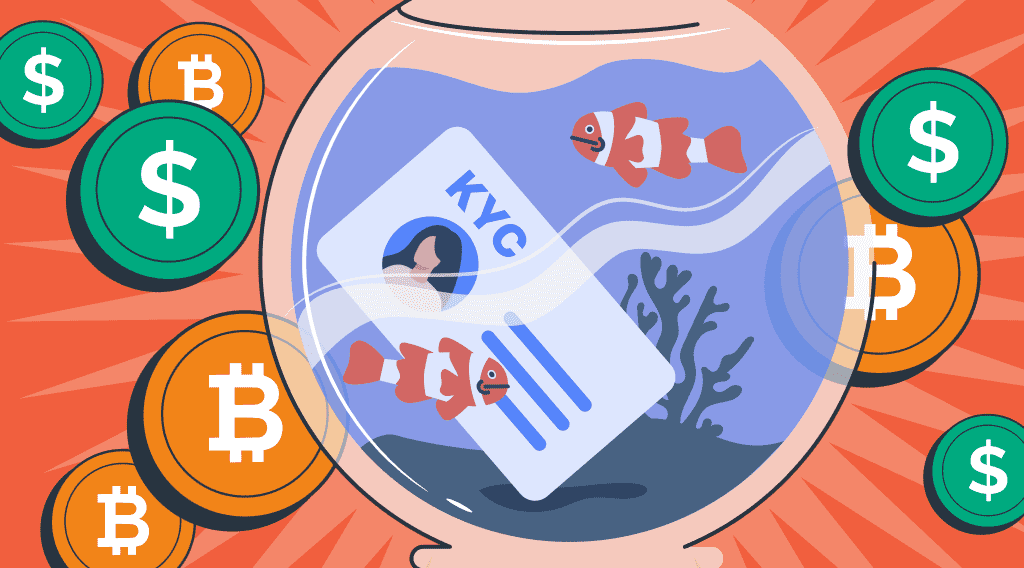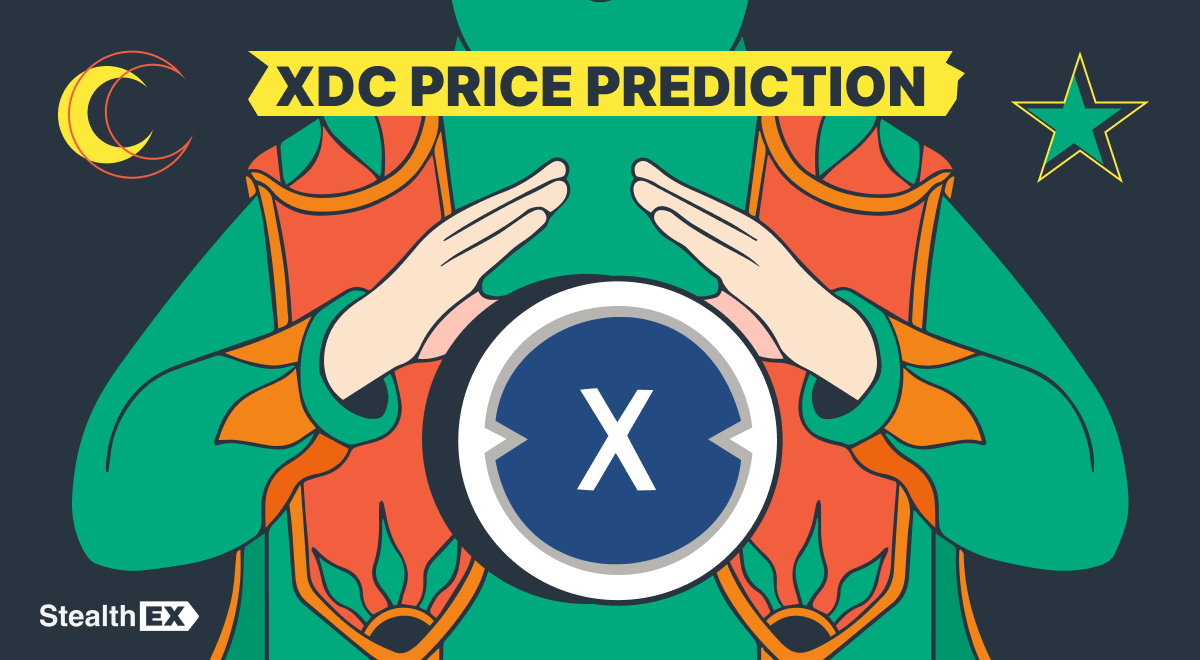What Are Smart Contracts and Why Does Blockchain Need Them?

One way or another, contracts regulate most aspects of our professional and personal lives, and they are essential to the functioning of modern society. The so-called ‘smart contracts’ play an essential role when it comes to blockchain. They help make the transactions taking place more safe and secure and function in an organized manner. But what are they?

Article contents
Smart Contracts Explained
In short, smart contracts are a critical component of many platforms and applications being built using blockchain or distributed ledger technology. Smart contracts are computer programs or protocols for automated transactions that are stored on a blockchain and run in response to meeting certain conditions. In other words, smart contracts automate the execution of agreements so that all participants can ascertain the outcome as soon as possible without the involvement of an intermediary or time delay.
In smart contracts, the contents of the buyer-seller agreement are inscribed directly into lines of code. They don’t necessitate any acts or the presence of others. They are essentially computerized transaction protocols that execute contract conditions. All types of financial agreements can be programmed using smart contracts, including derivatives contracts, escrow agreements, insurance policies, and auction contracts. Once a smart contract is deployed and made operational, human intervention is not needed to execute a transaction. Using smart contracts makes the transactions traceable, transparent, and irreversible, which is exactly what the blockchain needs and what it’s built on.
Brief Historical Summary
The term ‘smart contract’ was first introduced by computer scientist and cryptographer Nick Szabo around 20 years ago as a graduate student at University of Washington. Szabo called these protocols ‘smart’ when comparing smart contracts to paper-based contracts. Smart contracts may be ‘smarter’ than paper contracts because they automatically can execute certain pre-programmed steps, but they should not be seen as intelligent tools that can parse a contract’s more subjective requirements.
Today’s smart contracts have their origins in Ricardian Contracts, a concept published in 1996 by Ian Grigg and Gary Howland as part of their work on the Ricardo payment system to transfer assets.
Smart Contracts: Benefits
There are various advantages of using smart contracts. Among other benefits, smart contracts are:
- Accurate, quick, and efficient. The contract is immediately executed when a condition is met. Because smart contracts are digital and automated, there are no handwritten documents to deal with. You don’t need to spend any time correcting the mistakes that can occur during filling out paperwork.
- Trustworthy and transparent. Smart contracts ensure that your information won’t be tampered with for personal gain because there’s no third party engaged. Encrypted transaction logs are exchanged solely among participants.
- Secure. Because blockchain transaction records are encrypted, they are extremely difficult to hack. Each entry on a distributed ledger is linked to the entries before and after it, hackers would have to change the entire chain to change a single record.
- Self-sufficient. Smart contracts eliminate the need for intermediaries to process transactions, as well as the time delays and fees that come with them. The elimination of trusted middlemen to authenticate and facilitate transactions is a key advantage of smart contracts.
Smart Contracts: Disadvantages
The disadvantages of smart contracts can be partially attributed to the nature of blockchain, and these may be substantial:
- Lack of knowledge and human error. Contracting parties may not know how to write a smart contract code, and therefore, they will have to depend on those who have the technical expertise. There’s always a risk of human error.
- Lack of legal help. A traditional way of resolving disputes between parties is by seeking legal advice. However, when it comes to smart contracts, legal experts can’t help much. They are unable to examine the code-only agreements to determine whether there was a breach of contract. In addition to that, blockchain and smart contracts are not yet mainstream terms, and a court may find it difficult to settle disputes about them.
- Difficult to amend or terminate contracts. Even if all the parties want to amend their smart contract, they may fail to do that because of the immutable nature of the blockchain. Trying to modify the code can increase the transaction cost. Similarly, a party cannot terminate a smart contract when they notice an error that may harm their interests. There’s just no way to alter or change the data in the blockchain.
- Errors in smart contracts are not easy to fix. As smart contracts now facilitate millions of dollars in transactions, they have come under the radar of fraudsters. And most smart contracts are vulnerable to hacking due to flaws in contract design.
Smart Contract Examples
Let’s take a look at how a smart contract can help people in everyday life. Let’s imagine Amy is at the airport, but her flight is delayed. TravelSafe, her insurance company, provides flight delay insurance utilizing an Ethereum smart contract. They compensate Amy for the inconvenience: the smart contract is linked to the database recording flight status as it is created based on certain terms and conditions. The condition set for the insurance policy is a delay of two hours or more.
Based on the code, the smart contract holds the company’s money until that certain condition is met. The smart contract is submitted to the nodes on EMV (a runtime compiler to execute the smart contract code) for evaluation. All the nodes on the network executing the code must come to the same result. That result is recorded on the distributed ledger. Hence, if the flight is delayed for over two hours, the smart contract self-executes, and Amy is compensated.
Except for that, there’re many cases where smart contracts can be used. They can be utilized for simple economic transactions, such as moving money from point A to point B, as well as for smart access management in the sharing economy. Banking, insurance, energy, telecommunications, the music business, tourism, art, education – all of them provide a range of opportunities for smart contracts.
Cardano, Ethereum, and Fantom Smart Contracts
With smart contracts, developers can create on-chain dApps. They are what makes blockchain programmable and are thus utilized by crypto projects.
- For instance, Cardano smart contracts can be used in voting, insurance, government programs, accounting, record keeping, etc.
- Ethereum, the forefather of all smart contracts, offers a number of use cases for them. Ethereum-backed smart contracts can be used for powering multi-signature accounts, real-world agreements, and even storage. Smart contracts relevant to Ethereum network can be used to build decentralized applications, which can then have several practical applications. On Ethereum, contracts are written in its Solidity programming language, which is Turing-complete. This means that the rules and limitations of smart contracts are built into the network’s code and no scammer can manipulate such rules. Ideally, these limitations would mitigate scams or hidden contract alterations.
- Another crypto project, Fantom DeFi platform, offers a DAG-based ecosystem. What separates Fantom from the rest is the presence of a more secure and EVM-compatible, bespoke Proof-of-Stake mechanism that makes smart contract deployment easy and straightforward. The DAG architecture makes Fantom scalable and fast, while smart contracts relevant to the network can be used to support DeFi applications.
Bitcoin Smart Contracts
Smart contracts can be used on the most famous cryptocurrency. A Bitcoin smart contract can state that a BTC payment should be sent from one person to another once an agreeable task has been completed. Smart contracts expand on the basic idea behind Bitcoin to make it possible to securely automate and decentralize virtually any kind of deal or transaction, no matter how complex. It’s not only about sending and receiving money without a ‘trusted intermediary’ like a bank in the middle.
Many projects are taking one step further with Bitcoin smart contracts. For instance, the Internet Computer blockchain is planning to launch a direct integration with the Bitcoin network. In the meantime, next-generation DeFi projects like Sonic, InfinitySwap, and ICPSwap are getting ready to leverage the upgrade.
Conclusion
Although smart contracts will need to evolve before they are widely adopted for production use in complex commercial relationships, they can incentivize the structure that shapes how parties contract in the future. Over time, smart contracts might become indispensable with organizations and users will be slowly shifting towards a more decentralized, transparent, and auditable reality. This is just one huge change that blockchain may inevitably initiate.
Don’t forget that you can buy cryptocurrencies and digital tokens with StealthEX for investment or any other purposes and enjoy the low commission rates we are normally offering to our clients.
StealthEX can help you buy one or a number of popular cryptocurrencies. You can do this privately and without the need to sign up for the service. Our crypto collection has more than 450 different coins and you can do wallet-to-wallet transfers instantly and problem-free.
Do complete your purchase, just go to StealthEX and follow these easy steps:
- Choose the pair and the amount you want to exchange. For instance, BTC to ETH.
- Press the “Start exchange” button.
- Provide the recipient address to transfer your crypto to.
- Process the transaction.
- Receive your crypto coins.
Follow us on Medium, Twitter, Telegram, YouTube, and Reddit to stay updated about the latest news on StealthEX.io and the rest of the crypto world.
Don’t forget to do your own research before buying any crypto. The views and opinions expressed in this article are solely those of the author.
blockchain crypto world Ethereum smart contract smart contractsRecent Articles on Cryptocurrency
 No KYC for Buying Cryptocurrency on StealthEX
No KYC for Buying Cryptocurrency on StealthEX  XDC Price Prediction: Will XDC Crypto Reach $10?
XDC Price Prediction: Will XDC Crypto Reach $10? 
